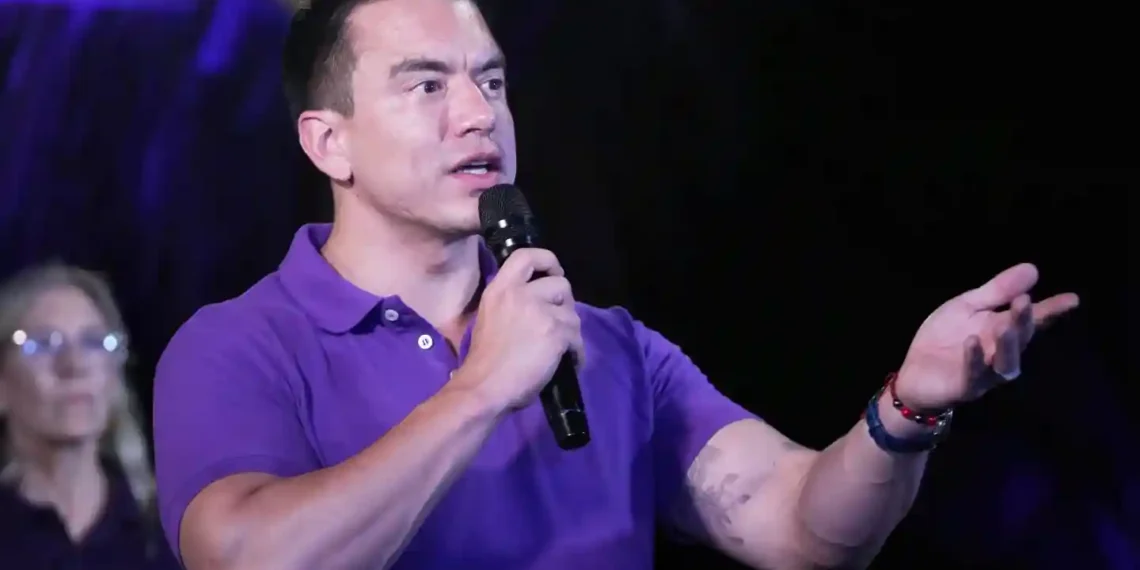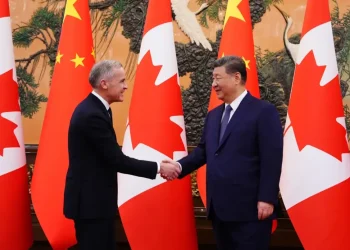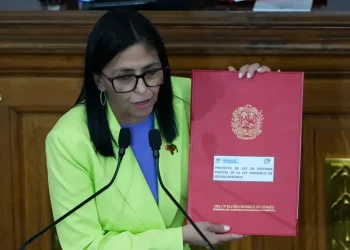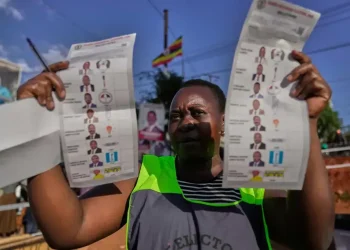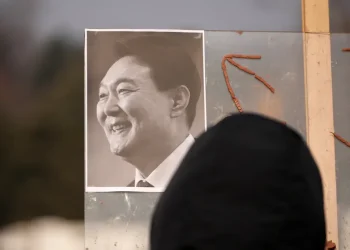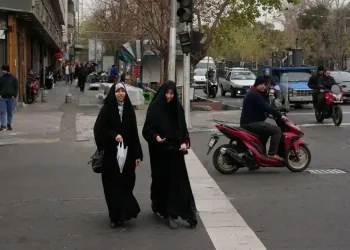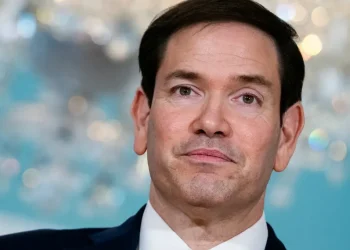Daniel Noboa Reelected as Ecuador’s President Amid Crime-Fighting Promises and Electoral Controversy
Ecuador’s voters have re-elected Daniel Noboa as president, despite his opponent’s claims of electoral fraud and the deep political divisions within the country. Noboa, a conservative young millionaire with a tough approach to crime, secured a 55.8% win in Sunday’s election, according to Ecuador’s National Electoral Council. His opponent, Luisa González, a left-wing lawyer, garnered 44% of the vote and quickly contested the result, calling it “grotesque” fraud.
With over 92% of ballots counted, Council President Diana Atamaint confirmed that the results showed an “irreversible trend,” making Noboa’s victory highly probable.
This victory gives Noboa a chance to fulfill the promises he made during his 2023 campaign, when he was elected in a snap election. Despite his limited political experience, Noboa’s no-nonsense approach to combating crime and his significant wealth—he’s the heir to a major banana-exporting fortune—have made him both a controversial and appealing figure to many Ecuadorians.
“I find it embarrassing that with an 11-12% difference, some still question the will of the Ecuadorian people,” Noboa said, addressing his supporters. “Ecuadorians have spoken, now we need to get to work.”
His supporters are hoping he will continue his aggressive crime-fighting tactics, which, while divisive, are seen by many as a necessary response to the country’s rising violence.
One of the central issues in the election was crime, which has skyrocketed in Ecuador in recent years. Since 2021, violence has surged, linked to drug trafficking and criminal organizations fueled by the cocaine trade from neighboring Colombia and Peru.
Voters were primarily focused on security. Both Noboa and González promised to strengthen law enforcement and cooperate with international agencies to fight drug cartels and criminal gangs. For many Ecuadorians, this election was less about choosing a candidate and more about rejecting the violence that has plagued the country.
“I voted for Noboa because I want to live freely,” said Irene Valdez, a retiree from Quito.
However, not everyone shares that view. Martín Constante, a 19-year-old college student, expressed frustration with Noboa’s authoritarian approach, saying, “Our country needs a lot of changes, and I think Luisa can bring that.”
For Luisa González, the loss marks a third consecutive failure for the party of former president Rafael Correa, who has been a powerful figure in Ecuadorian politics. González, who has long been aligned with Correa’s policies, voiced strong objections to the results, alleging that pre-election polls had shown her leading and claiming widespread voter fraud.
“We do not recognize the results,” she declared, referring to what she described as attempts to “plant marked ballots” with her name.
Despite her accusations, Grace Jaramillo, an expert on the Andean region, suggested that a comfortable win for Noboa would help maintain political stability in Ecuador, reassuring both the public and the international community.
The political climate in Ecuador is deeply polarized. Oswaldo Landázuri, a political analyst, pointed out that many Ecuadorians voted less for a candidate and more against the status quo. “Ecuador is rejecting both the past and current policies,” he said, noting that a narrow margin of victory could lead to more tension and disputes over the legitimacy of the results.
Over 13 million Ecuadorians were eligible to vote in Sunday’s election, with more than 80% of eligible voters participating, according to electoral authorities. However, the election wasn’t without controversy. Several people were arrested for suspected ballot irregularities, such as double voting and pre-marked ballots. Additionally, 17 people were caught taking photos of their ballots, which is illegal under Ecuadorian law due to concerns about voter coercion.
Despite these incidents, the National Electoral Council ruled out the possibility of widespread fraud, and international observers from the Organization of American States and the European Union affirmed the integrity of the vote.
With this victory, Noboa will continue to build on his tough stance on crime. His decision to declare Ecuador in a state of “internal armed conflict” earlier this year allowed him to deploy military forces to the streets to fight gangs and charge individuals with terrorism for alleged ties to organized crime groups.
While this heavy-handed approach has led to a drop in the country’s homicide rate—from 46.18 per 100,000 people in 2023 to 38.76 per 100,000 in 2024—it remains far higher than the 6.85 per 100,000 seen in 2019.
Critics have raised concerns about the limits of his governance, questioning whether Noboa’s methods respect the boundaries of law and democracy.
As Ecuador moves forward under Noboa’s leadership, many are hoping that his crime-fighting agenda will help restore stability, while others fear that his authoritarian tendencies may limit the country’s democratic freedoms.
With an uncertain political landscape, Noboa’s leadership will likely face both domestic and international scrutiny. But for now, he enjoys broad public support, especially from those who prioritize safety above all else.
This article was rewritten by JournosNews.com based on verified reporting from trusted sources. The content has been independently reviewed, fact-checked, and edited for accuracy, neutrality, tone, and global readability in accordance with Google News and AdSense standards.
All opinions, quotes, or statements from contributors, experts, or sourced organizations do not necessarily reflect the views of JournosNews.com. JournosNews.com maintains full editorial independence from any external funders, sponsors, or organizations.
Stay informed with JournosNews.com — your trusted source for verified global reporting and in-depth analysis. Follow us on Google News, BlueSky, and X for real-time updates.
